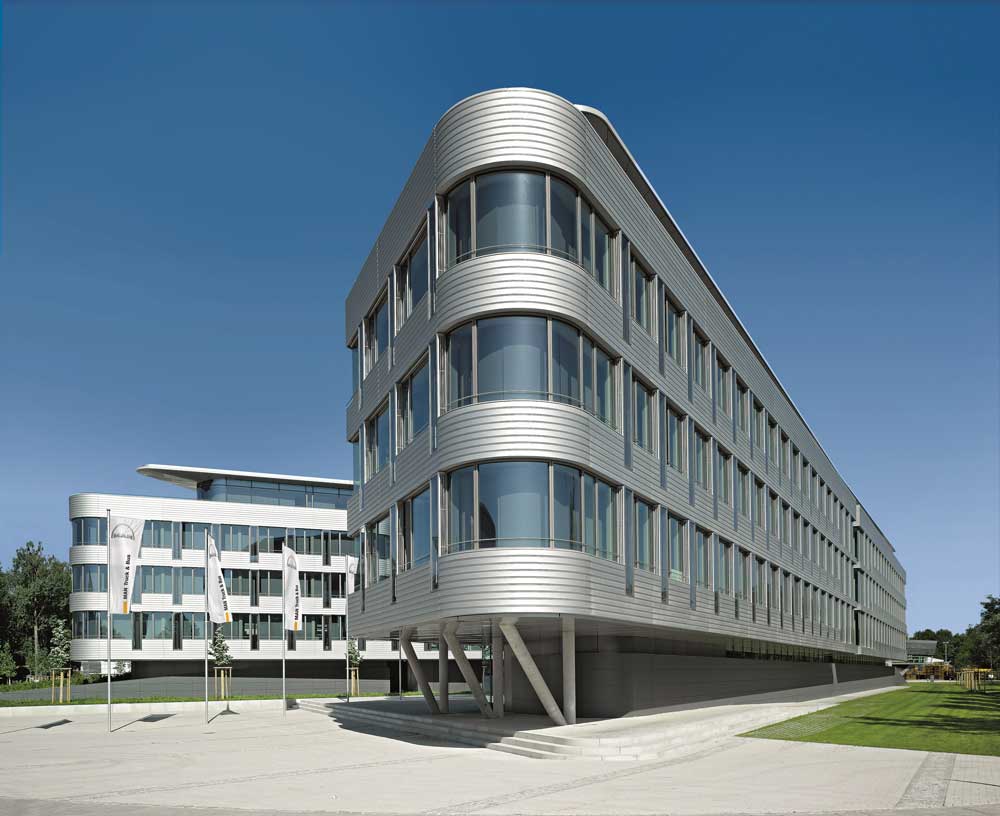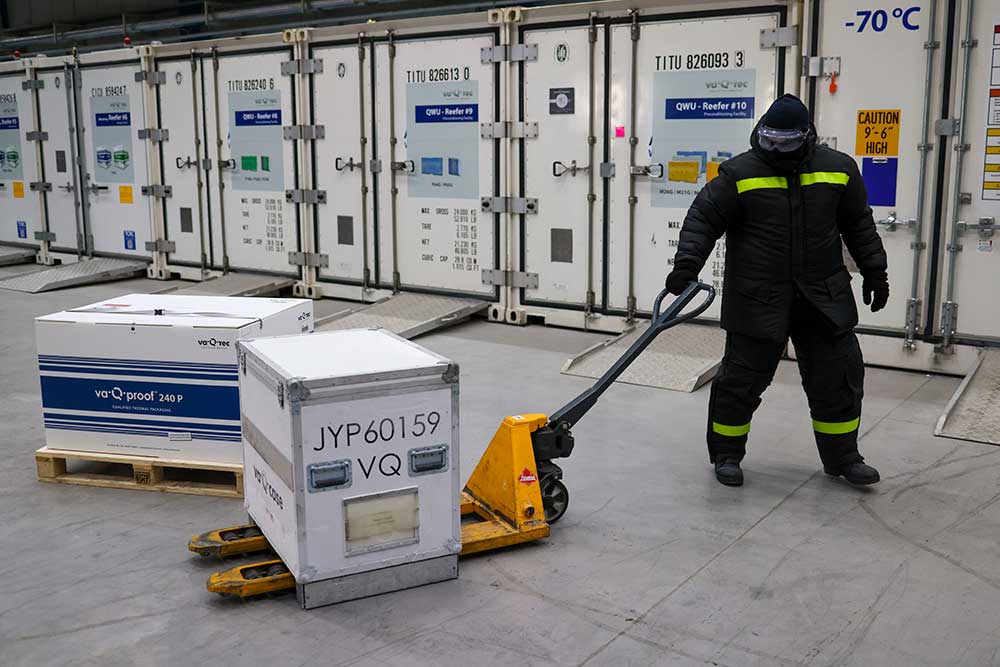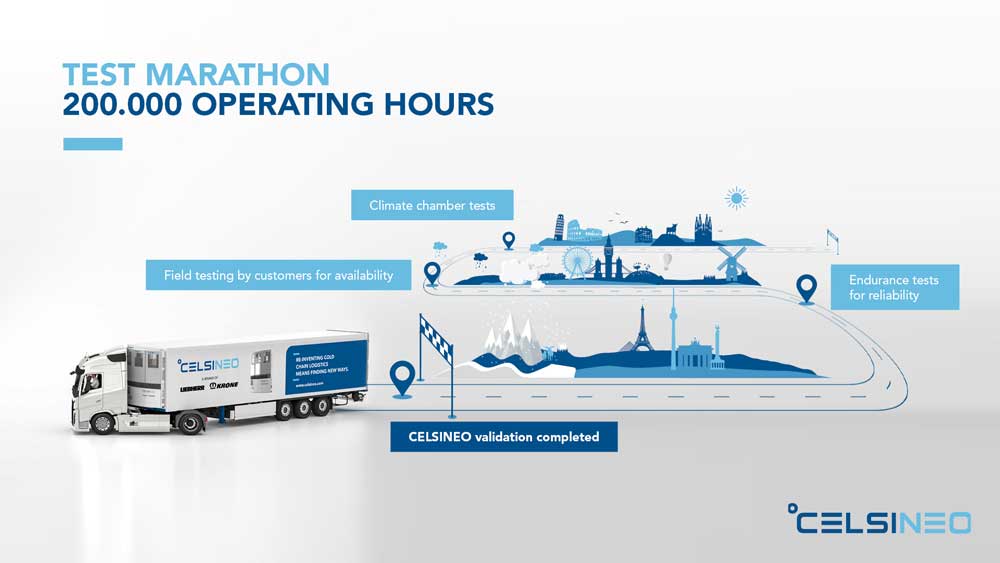The Executive Board of MAN Truck & Bus SE has reached an agreement with the Group Works Council and the IG Metall union on the conclusion of a reconciliation of interests, a social plan and a “Future Collective Bargaining Agreement” for the German sites of MAN Truck & Bus SE. This clears the way for the extensive and systematic realignment of MAN. The commercial vehicle manufacturer had announced its intention to implement a fundamental reorganization in response to the industry’s transformation, enabling it to successfully master the challenges associated with the core challenges of carbon-free mobility, digitalization, and automation. By 2030, MAN aims to evolve from a commercial vehicle manufacturer into a leading provider of intelligent and sustainable transport solutions.
The agreement now reached on restructuring the Company represents a milestone. After long negotiations, the Chief Executive Officer of MAN Truck & Bus SE, Andreas Tostmann, expressed his satisfaction with the compromise achieved: “We have been able to reach agreement with the employee representatives on measures that will contribute to improving earnings by up to €1.7 billion. We’ll now step up a gear and, in the years ahead, will make targeted investments to develop the right responses to the three megatrends of digitalization, carbon-free mobility, and autonomous driving. We will realign MAN fundamentally and together steer it toward a successful future. In our more than 260-year history, we have proven many times that MAN is capable of change. Today we are at the start of a new chapter that will result in a new MAN.”
Reorganization of the development and production network
The restructuring of the production and development network with a strong focus on technologies of the future will make an important contribution to cost efficiency. The agreement reached is largely in line with the contents of the Key Issues Paper that was agreed in January.
The Munich site will remain the global headquarters of MAN Truck & Bus. It will also remain the main production plant for trucks equipped with driver’s cabs and for assembly, as well as the center for MAN’s development activities. Munich is home to the MAN Competence Center for overall truck development, software, electric/electronic systems, and electromobility. In order to create capacities for the production of trucks with alternative drive systems, some production volumes for trucks and cab interiors are to be relocated to the MAN site in Krakow, Poland. In future, operational development and bus testing will be performed close to production at the MAN site in Ankara, Turkey. Around 7,500 permanent employees will work at the site by the end of 2022.
The Nuremberg site will become the MAN Competence Center for developing and producing new drive technologies (such as e-mobility, hydrogen drive). Nuremberg is also the main production site of conventional and alternative drive systems. In order to be able to focus more on new drive technologies in the future, development capacities for diesel engines will be reduced and component production will be outsourced if no core competency is involved. Around 3,100 permanent employees will work at the Nuremberg site by the end of 2022.
The Salzgitter site will remain the TRATON GROUP’s assembly site for non-driving axles in Europe. For its part, Salzgitter will transfer some pipe production activities and front axle component production to the MAN site in Bánovce, Slovakia. CKD activities will be transferred to the MAN site in Starachowice, Poland. 1,900 permanent employees will work at the site by the end of 2022.
Wittlich will be downscaled, but remain responsible for truck modification. 60 permanent employees will work at the site by the end of 2022.
The fate of Steyr as a MAN site is still under discussion. The Executive Board and employee representatives are in negotiations with WSA Beteiligungs GmbH regarding a takeover of the site as an alternative to its closure.
In addition to the reorganization of development and production, the Company and employee representatives have agreed to streamline administrative and support functions.
Social plan and “Future Collective Bargaining Agreement”
The Company and employee representatives have agreed a reduction of around 3,500 jobs in Germany. This figure includes permanent employees, loaned workers, and employees with temporary employment contracts. In the social plan that has been negotiated, job cuts will be implemented in a socially responsible manner by greater use of partial-retirement arrangements, allowing temporary employment relationships to end, a reduction in loaned workers, and offers of voluntary severance packages. The Company will also offer employees the chance to move to other companies in the Volkswagen Group.
All the instruments referenced above are subject to double voluntary action. The “Future Collective Bargaining Agreement” provides that layoffs for operational reasons at the German sites of MAN Truck & Bus SE will only be possible with the consent of the IG Metall union until December 31, 2026. Unless one of the parties objects, the Agreement will be extended automatically for a further five years. The pay and works agreements that have been terminated by the Company will be the subject of new agreements that are equivalent in both value and content.
“The agreements reached lay the foundation for MAN to collectively meet the challenges of the transformation that is changing our business segment and working relationships on all levels. MAN will now have the necessary scope for action to meet these challenges. At the same time, all personnel measures are socially responsible and allow employees to gain new prospects on a voluntary basis. This shows that MAN is a responsible employer,” says Dr. Martin Rabe, Chief Human Resources Officer and Arbeitsdirektor (Executive Board member responsible for employee relations) of MAN Truck & Bus SE.










